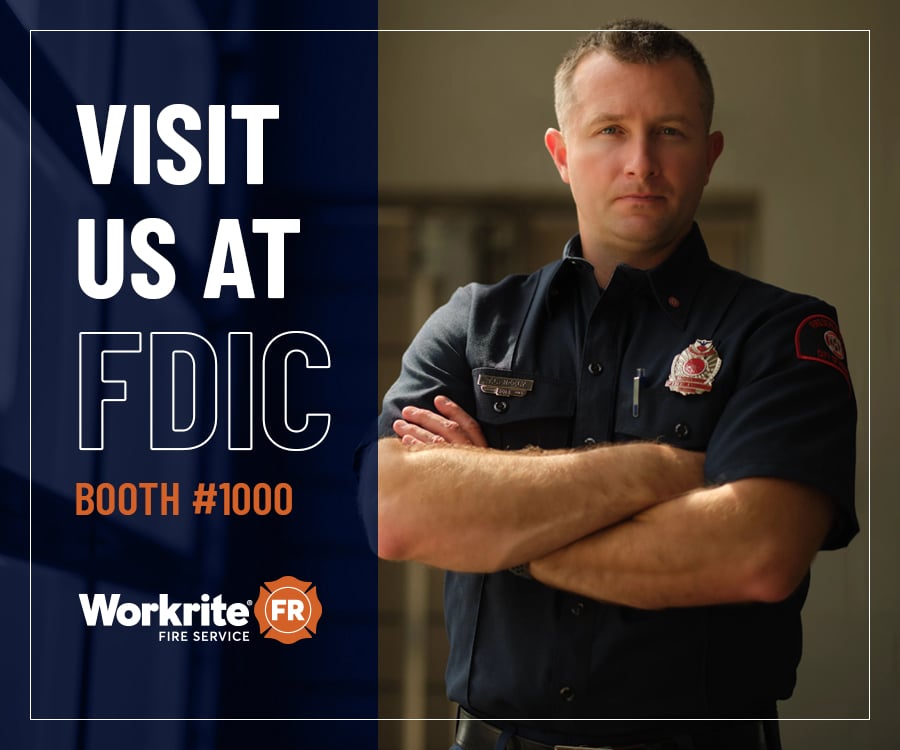Could CBD be the Answer to Your Complaints as a Firefighter?

By: Jon Vought firefighter/paramedic/Owner of Rescue 1 CBD
If you’re reading this, you’ve either heard about CBD or you’re curious about whether the info you’ve heard is accurate or not. Most of us are curious about a natural way to deal with job-related sleep, inflammation, and stress. There is a wide range of claims regarding CBD, some of them are accurate, and some of them are not.
The industry has quite a bit of snake oil salesmen-types and it makes it tough to cut through the B.S. sometimes. I’ve seen CBD-infused pillowcases. I’ve heard CBD can make your hair grow back. Personally, I hate hearing stuff like this because we need to understand what CBD is and how it works so that we can take realistic steps to bring it into the Fire Service in a big way, but outlandish claims plus fear-mongering are hurting our ability to do that.
It’s not a cure-all and it’s not snake oil either. This is a compound that can change the way we approach wellness and longevity for the rest of our careers. After 13 years on the job, I’ve started to see that my longevity needs to be taken more seriously. The invincible feeling I had in my twenties was taken away pretty quickly after a serious foot surgery where I had my left ankle rebuilt and fused. I want the entire fire service to know what CBD did for my sleep and my mental health after I had to use opiates for months. But first, we have to learn about it.
What is CBD?
CBD, or cannabidiol, is a compound called a cannabinoid found in the hemp plant. There are over a hundred of these compounds in the hemp plant, CBD is just one of them. But, what does it actually do? Simply put, CBD stimulates your endocannabinoid system. This is a system in your body that regulates a range of processes including digestion, your immune system, body temperature, and mood. The endocannabinoid system (ECS) is responsible for maintaining homeostasis, or balance of systems, within your body.
When we see the sheer size of the endocannabinoid system, we can see how some people would think this molecule seems more like a miracle. But, in reality, the CBD molecule simply affects a large system within the body by stimulating the two main message carriers of the ECS called Anandamide (AEA) and 2-Arachidonoylglycerol (just go with 2-AG). AEA and 2-AG are the reasons we have all of the effects CBD gives us. Research on CBD has shown improved REM sleep, regulates our circadian rhythm, reduced inflammation, and has a positive effect on serotonin levels. The World Health Organization states that CBD does not show any abuse potential or have any evidence showing it causes harm to humans.
Learning about the effects of CBD on your ECS
The purpose of taking CBD is to “feed” your ECS so that it remains healthy or is corrected when it’s out of balance. We all know what our job and our shift schedule do to our sleep cycle, our state of chronic inflammation, and how our mood is affected. And, we all know how these things are treated within the fire service: They’re either ignored or they’re addressed with prescription medication. While prescribed drugs have their place, it’s important to be open to CBD as a possible benefit to us as a natural compound in regards to helping with all of these issues.
I’ll never make a medical claim about CBD being able to treat or prevent diseases or illnesses. The research on how CBD affects the brain and body is very promising. Years of research have been done on this compound, with a significant amount of it being double-blind and peer-reviewed in humans. They’ve established that the results are real which leads to increased research. Bottom line: this isn’t a fad, tCBD is incredible at what it does and it’s here for the long haul.
Breaking down the stigma of CBD
I would be remiss if I didn’t address the fact that we have a stigma surrounding CBD. The fact that it’s related to the cannabis plant basically makes it taboo. Anyone who mentions CBD or cannabis is automatically dubbed a black sheep. I don’t blame or judge those who are critical or skeptical of CBD and/or cannabis. The thing is, we’ve done it to ourselves as a societal culture and a fire service culture. We’re born into this social norm that cannabis is bad and should not be used by first responders under any circumstance. By that logic, if CBD is made from cannabis it must be bad, too.
Well, there’s a lot wrong with that way of thinking. First of all, CBD is non-psychoactive, meaning it won’t cause any feelings of intoxication or a “high” like marijuana. CBD is also made from hemp and while it’s technically of the cannabis genus, the species is different from marijuana. The federal definition of hemp is any cannabis sativa L. plant with less than 0.3% THC by weight.
Being open to change in your health and wellness
But, more importantly, we should be past the days of this small-minded thinking. We need to embrace big ideas that will lead to the increased health and wellness of our members. As a fire service, we’re doing a much better job of talking about mental and physical health but what are we doing besides that? In what way are we challenging our current way of thinking? If you’re writing off the idea of CBD because of the stigma, or your prejudice against a cannabis plant, you’re leaving a lot of benefits to our people on the table. Stop allowing “the way we’ve always done it” to come between a better way to provide for the health and longevity of our firefighters.
Jon Vought is a firefighter/paramedic on the job in South Florida who currently holds the rank of Lieutenant with 13 years of experience. He started Rescue 1 CBD in 2020 on a mission to bring CBD into the mainstream of the US Fire Service.
Podcast
Contests & Promotions
















